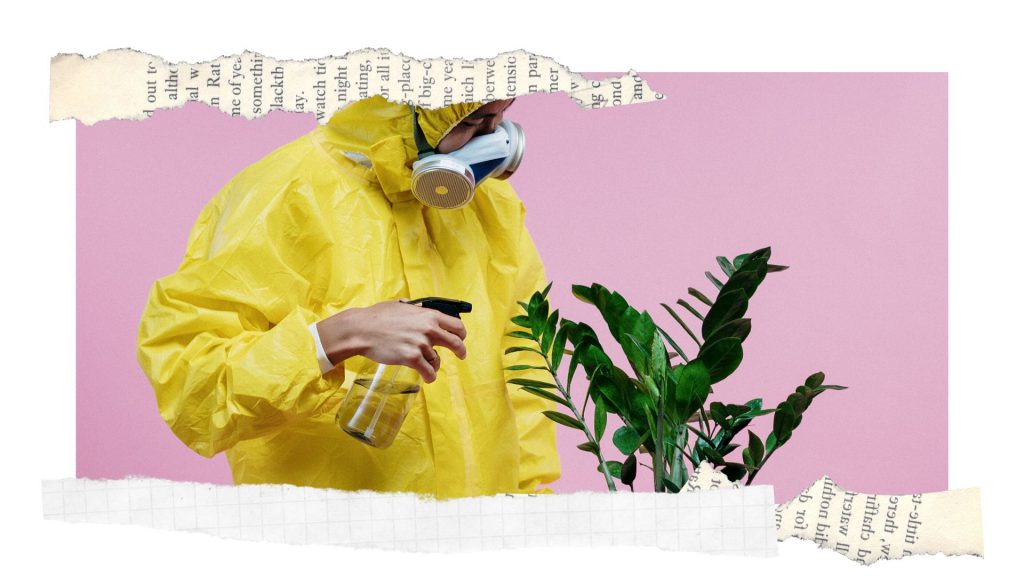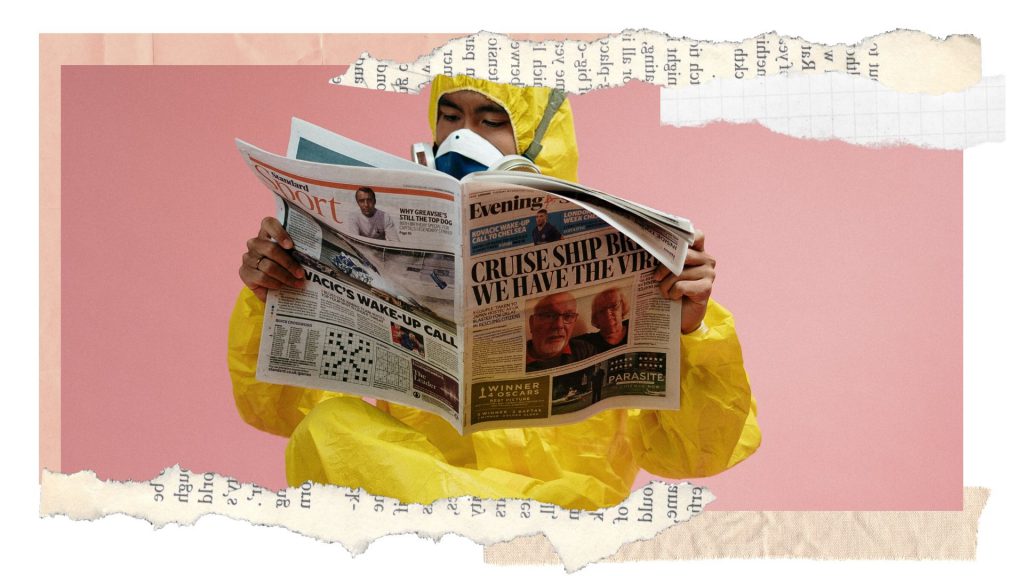Pandemic experiences that let us see the future in brighter colours
Pandemic experiences brought by the new coronavirus have revised our notions of reality. The Internet is flooded with streams of news about the successive actions. More and more countries, progressing economic regression and, unfortunately, more fatalities. However, my inborn optimism (but also rationalism) does not allow me to focus only on the negative sides. Although of course it does not mean depreciating facts. Below I would like to share my insights into the pandemic experiences we all share, which in my opinion have a chance to contribute a lot of good.
People first
The motto of Graylight Imaging has been “great software, because we put people first” for years. And I firmly believe that this is not just a slogan. Although in fact there has never been a need to test this promise to the letter. When the coronavirus crossed the borders of Poland, by the decision of the board of directors the whole company started working remotely overnight. So that each of the employees could ensure safety for themselves and their loved ones, keep the recommended social distance. Simply: protect themselves. Many colleagues with whom I later talked pointed to this moment to be of great importance. In the face of imminent danger, we were able to make difficult and stressful decisions so as to preserve our values as a company. That for sure was one of the most important pandemic experiences for us all.

On the other hand, this human factor, which has come to be heard in an unspeakably more audible way than in recent years, has been visible everywhere. In Poland, at the time of the outbreak of the epidemic, almost immediately a lot of grassroots initiatives to help neighbors or to provide professional support pro bono were launched. On the facebook group “visible hand” every day tens of thousands of people were ready to go to great lenghts in order to respond to the reported needs: from donating clothes, doing shopping, checking the health of far away elderly family members, sewing masks, to much more complicated activities, such as finding temporary housing for doctors who had to undergo quarantine. People have shown their hearts and it seems that in all the wrong that has happened to us, we have survived. This lesson cannot be forgotten.
(check out the joy of the girl on the second balcony)
Pandemic experiences: work remotely and feel the power of connection
In the case of our company the transition to remote working has been very smooth. And basically without any business side effects. We had yet to come up with a way how not to fall into isolation. How to mentally bear the lockdown. In place of previously performed social rituals, we have created new ones. There has emerged a tradition of having morning coffee teleconferences, some of us would arrange to play puns, or meet online for an evening beer. The physical distance basically increased the need to experience the other person, and to some surprise: the technology allowed us to respond to this challenge to some extent (although this should not be a surprise, after all, Aleksandra Harnasz wrote some time ago that this is exactly what happens in teams working remotely). For example, we could get rejuvenated during a team catch-up ????

Who would have thought about installing a snap camera for a company call before?
Then of course it’s our scenario.
I realize that not everywhere it has been a bed of roses. But I can’t help feeling that the global pandemic has reassessed our perception of the work system. The way of accounting for our work. Clearly, physical contact is essential for us. Moreover, it enhances our creativity. And helps to maintain our mental well-being. But at the same time, we’ve all learned that it’s possible to work differently. And this totally remote work can be equally effective. Business Insider reported some time ago that Twitter had issued a statement in which it allows working from home indefinitely [1]. This is just one example. Although I think you can be tempted to say that the digital transformation has significantly accelerated – and when you’re browsing through online memes, I feel like it’s not just my opinion.

Telemedicine versus pandemic experiences
I decided to single out this point as a separate one, although in a way, it is a follow-up to the aforementioned digital transformation brought about by the pandemic situation. Telemedicine is, in my opinion, one of the greatest changes we have experienced. The percentage share of telemedicine solutions on the health care market has been really negligible so far – according to various reports, but also personal observation, the main reason was the low level of public trust.
People simply chose direct contact with a doctor and there was no mood for change in this area. Despite further technological solutions, applications and platforms, this market still did not get the right chance. We did not want to try. The rapid development of the covid-19 epidemic changed this landscape. Although technologically nothing has changed – we still have the same laptops. The same smartphones we had before the pandemic. And yet Digital healthcare provider Livi – which provides remote consultations to the NHS and across Europe through an app – has recorded a 107 per cent increase in consultations from 1 February to 13 March comapred with the six weeks before. Consultations with people who have “viral symptoms” were up 240 per cent. While new registrations also increased by 64 per cent [2].
I realize that telemedicine is not able to answer many problems and is not a perfect solution. However, I have an irresistible feeling that effective catalysis of telemedicine will help us as a society to take a step forward, increase the availability of basic medical services or even reduce the spread of seasonal flu. For a start.

Global open source knowledge
I cannot recall a similar situation. Even while working on my doctoral thesis, of the scientific community so quickly making scientific data, research and source materials public. Since the outbreak of the pandemic, this trend has grown so strong that platforms have had to be created to organize knowledge and facilitate access to it. Just to mention:
- RICORD – the largest open and free to use database of COVID-19 medical images launched by Radiological Society of North America (RSNA)
- Global research database with free access to literature on coronavirus disease launched by WHO
- and many more..
I suspect that this open-source model of advanced knowledge distribution will not last long. But it is so unprecedented that it will surely leave its mark. And of what kind? The future will show.
References
Contact us if you have any questions!